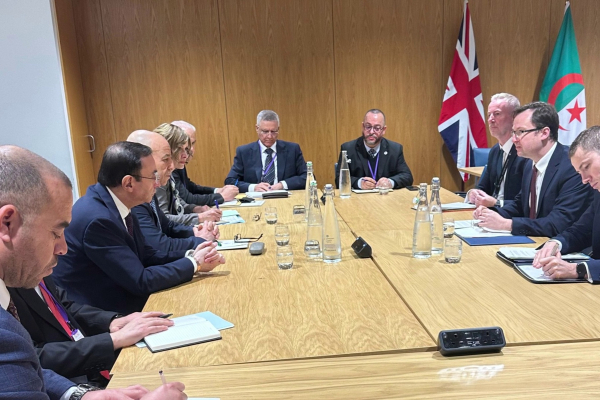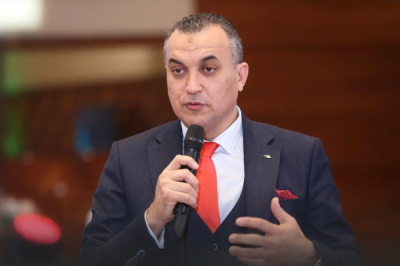-
Algeria and the United Kingdom have signed a memorandum of understanding to enhance operational partnership and develop the Algerian police's capabilities in advanced electronic fingerprint analysis.
-
The agreement provides for training Algerian personnel in cutting-edge biometric technologies and expertise exchange, addressing rising organized crime and transnational digital threats.
-
The partnership aims to close gaps in Algeria's biometric capacities, leveraging the UK's advanced forensic information databases and digital fingerprint capabilities.
Facing rising organized crime and transnational digital threats, strengthening electronic fingerprint analysis skills has become urgent. This discipline leverages digital traces to identify and link perpetrators of offenses.
Ali Badaoui, Director General of National Security, and Alex Norris, British Minister of State for Border Security and Asylum, signed a memorandum of understanding on Wednesday, November 12. The agreement aims to strengthen operational partnership between the two countries and develop the Algerian police's expertise in advanced electronic fingerprint analysis.
According to the Algerian official, this partnership will enhance national capabilities in identity recognition and verification, a strategic issue given the rise of organized crime and transnational threats.
Specifically, the agreement provides for training Algerian executives and technicians in advanced biometric technologies used in the United Kingdom. It also includes an exchange of expertise in advanced electronic fingerprint analysis. This process involves exploiting individuals' digital footprints (connection history, traces on electronic devices, metadata, technical identifiers) to establish identity, reconstruct online activities, or link multiple offenses.
This cooperation occurs as Algeria accelerates the modernization of its forensic police tools. This modernization responds to an increase in cases related to cross-border trafficking, structured criminal networks, and cybercrime. The phenomenon is not isolated. According to INTERPOL's "Africa Cyberthreat Assessment 2025" report, 90% of African countries believe they must significantly strengthen their investigation and prosecution capabilities in digital crime.
Implementation of this partnership should enable Algeria to address certain shortcomings in its biometric capabilities. The United Kingdom possesses highly advanced expertise. According to the official "Forensic Information Databases 2023-2024" report, its IDENT1 fingerprint database contains over 28.3 million fingerprint forms from police investigations.
Furthermore, the British Police Digital Service has developed a "Digital Fingerprint Capability," a cloud platform enabling the transmission of fingerprint images from crime scenes to laboratories, real-time fingerprint analysis, and accelerated matching through the IDENT1 database.
Through this agreement, Algeria could access advanced digital methods and protocols (capture, comparison, identification) already used in the United Kingdom. This would allow for faster identification of suspects while improving the quality of evidence available for criminal investigations.
This article was initially published in French by Samira Njoya
Adapted in English by Ange Jason Quenum



















